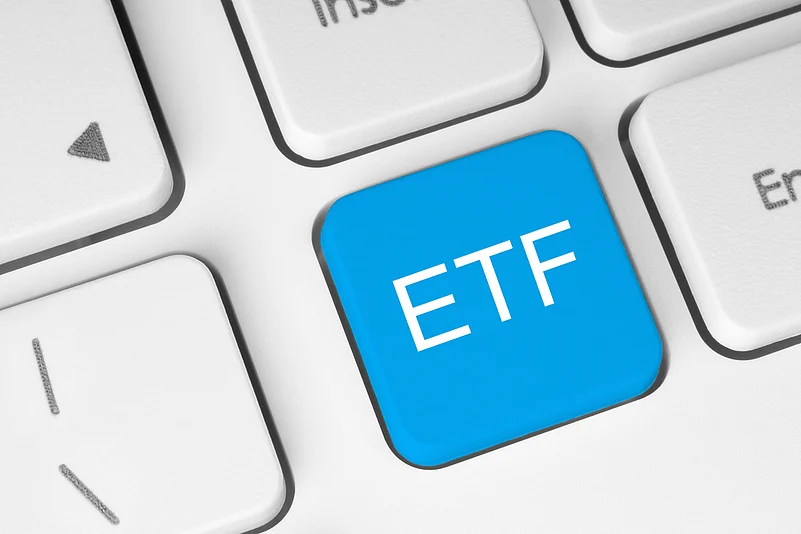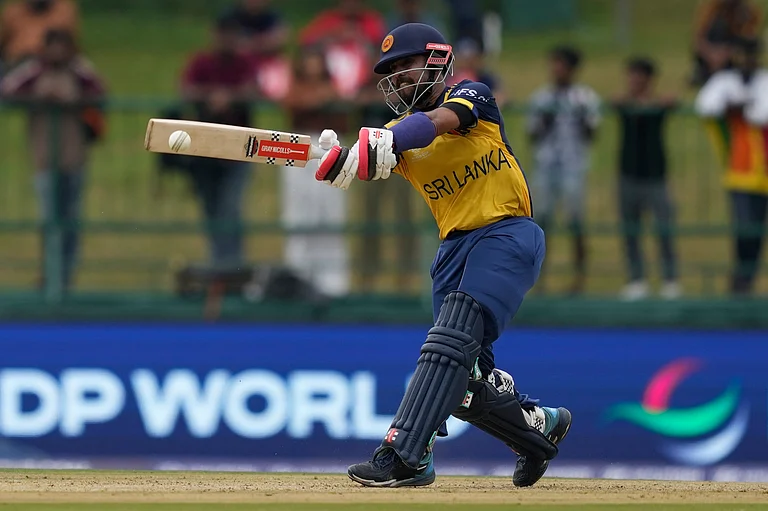The Government of India has announced the third tranche of its flagship Bharat Bond ETF. Bharat Bond ETF, which was launched today, will be open till December 9, 2021. The NFO has a base issue size of Rs 1,000 crore. This new ETF is a 10-year product that will mature in April 2032.
This fund has specifically been launched to attract investors who do not have a demat account, though anyone can invest in it. Investors can also buy the units subsequently in the exchange as well.
The minimum investment amount for retail investors is Rs. 1,000/ and in multiples of Re. 1/ thereafter, per application. But for retirement funds, QIBs and non-institutional investors, the minimum investment amount is Rs. 2,00,001/ and in multiples of Re. 1/ thereafter,
per application.
Bharat Bond ETF is an exchange-traded fund that allows investments in the debt of public sector companies. At present, the ETF permits investments only in 'AAA' rated bonds of public sector companies. The expected rate of return from these ETFs is around 7 per cent. Moreover, there is no exit load involved in this ETF.
The index constituents include eight central public sector enterprises(CPSEs) with 15 per cent weightage accorded to each of the top five firms. The firms with 15 per cent weightage include Indian Railway Finance Corporation, Power Finance Corporation, Power Grid Corporation Of India and NTPC.
Edelweiss AMC is managing this ETF. It has launched a ‘fund of fund’ (FoF) for this ETF for retail investors. The idea is to enable a mechanism for retail investors to buy and/or sell like a regular mutual fund. For ETF FoF, the minimum investment amount is Rs. 1,000/ and in multiples of Re. 1/ thereafter, per application. The ETF FoF, however, comes with an exit load stipulation. If the investor decides to redeem or opt-out on or before 30 days from the date of allotment, then he/she has to pay an exit load of 0.10 per cent.
The second tranche of the Bharat Bond ETF was launched in July 2020 and was oversubscribed more than 3 times, collecting about â¹11,000 crores.


























